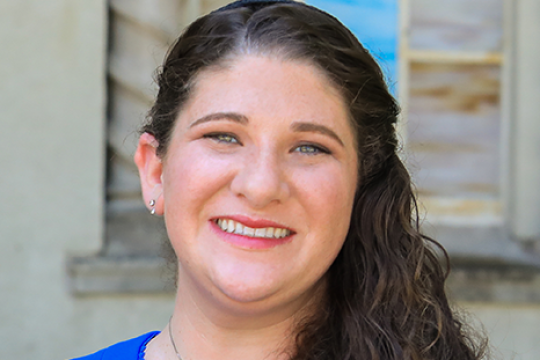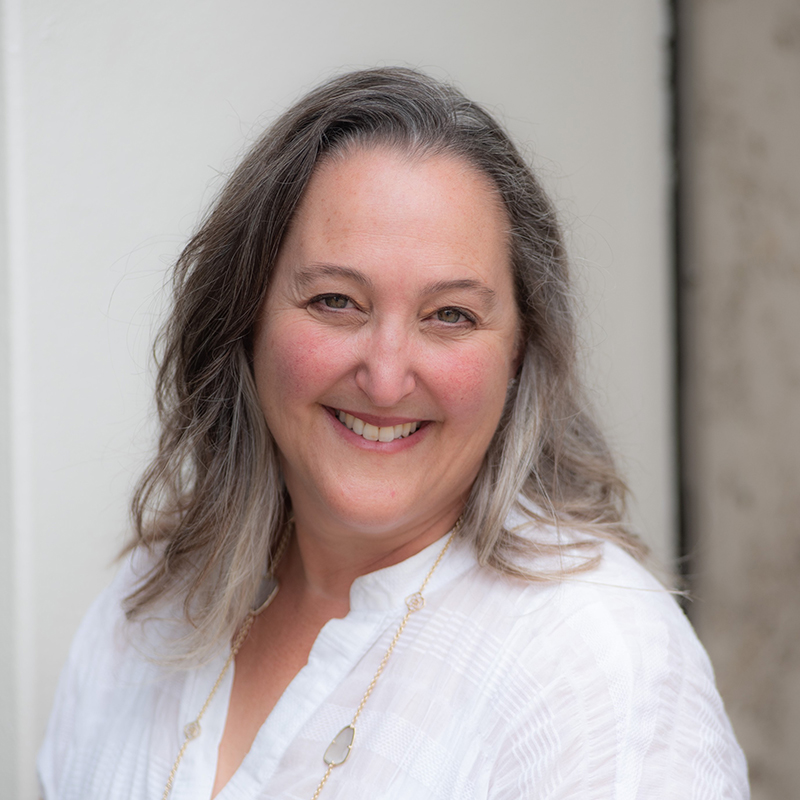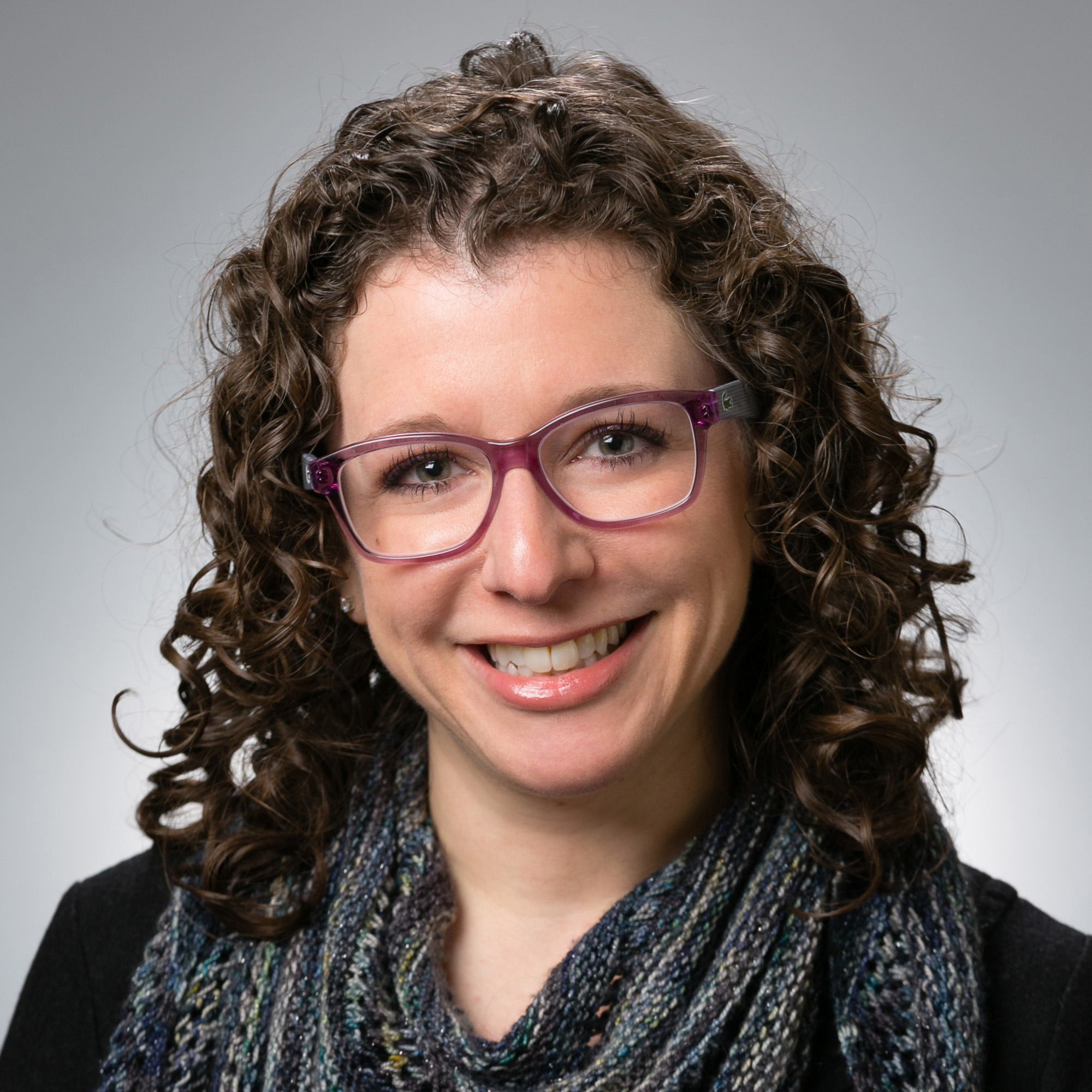
In only several hours each week, religious school educators are expected to foster a love of Judaism, a commitment to our people, competent Hebrew reading, and more. No wonder educators report feeling underappreciated and lonely in their work! At the same time, education committee members may lack a clear understanding of their role and its purpose. In essence, two groups of education leaders yearn to better connect, achieve goals, demonstrate Jewish values, and inspire their community to work to achieve goals toward a broader vision.
Although negative assumptions about religious education abound, there are successful models in communities across North America that value Jewish learning, honor educators’ roles, and prioritize learning through budget, space, and time. In these communities, a congregation’s lay and professional education leaders share a strong sacred partnership. The Union for Reform Judaism recently piloted an Innovating Together program that connects lay and professional education leaders in Chicago in a supportive network designed to develop participants’ holy relationships with each other.
Here are four principles we learned from the cohort.
1. Relationships matter.
As Jewish tradition teaches and contemporary experts emphasize, healthy relationships are important. Such relationships don’t happen randomly; they must be built with intentionality. By exploring the values of sacred partnerships, cohort participants learned about each other’s passions, skills, and dreams, allowing them “to see the value of every person and consider each person’s value in our relationship,” according to Marcia Cohen, education director at Congregation Or Shalom in Vernon Hills, IL.
In addition to exploring how to strengthen relationships, role-alike encounters – when professionals discussed ideas and lay leaders did the same – proved the value of networks. This opportunity was a “great springboard for me [as a] first-year board member,” said Heather Swolsky from Congregation Beth Am in Buffalo Grove, IL.
2. A “mindset of abundance” harnesses the power and strength of what is working.
Practicing a mindset of abundance – exploring things that work and understanding why they do – helps us learn to amplify their impact. Having a mindset of abundance requires us to think big, imagine limitless possibilities, and be optimistic about the future. A recent webinar for congregational leaders across North America explored how sacred partnership and abundance mindset go hand-in-hand. Margot Montgomery a lay leader from Temple Israel in Ottawa, ON, who attended the webinar, noted, “sacred partnership is about building a trusting relationship. [An] abundance mindset can be a leap of faith, [and] trust helps enormously to take that risk.” (We’ll offer the same webinar again on August 27, at 1p.m. ET, so register now.)
3. Sacred partnerships enhance productivity.
Intentionally working to build sacred partnerships between congregations’ education professionals and lay leaders increased productivity for all participating teams. Some teams began meeting more frequently, others began to infuse their values and vision into every committee meeting.
The educator and lay leader at Temple Sholom of Chicago began meeting weekly to build their partnership and focus on their work. Educator Jay Rapoport, RJE said:
We are thinking about ways to better engage religious school parents in lay leadership and to better communicate our religious school goals and expectations. We get a lot more done now that we meet weekly. We used to spend a lot of energy scheduling calls as needed – now we have a standing call, and we spend our energy talking about education.
This increased capacity can affect students, teachers, and the entire community. Dale Truding, the education chair at Congregation Or Shalom in Vernon Hills, IL, reports that deepening the relationship with her congregation’s educator has led to productive discussions on such topics as professional development for teachers and engaging families of children with special needs.
4. Deeper partnerships lead to more engagement in the community.
Education teams working in sacred partnership communicated more frequently and transparently with families about their vision. The team from Buffalo Grove’s Congregation Beth Am hosted an open house at which they shared the “why” behind congregational education for the first time. According to Heather Swolsky:
Creating this program lets us provide our families with great information about why we have certain curricula, rules, and procedures in place. By explaining these things at the beginning of the year, we preempt and divert possible issues that parents might raise throughout the year. We also created a mission statement for our education program, another way we can inform families about our education program and our goals for their children during the time they spend with us.
The URJ’s Innovating Together pilot program affirmed the importance of nurturing sacred partnerships in congregational education. Jewish education can shape the lives of individuals, families, and communities in powerful ways, but one person cannot do the work alone. We must see our professional and lay partners as individuals who can inspire sacred action and connect them to each other as sacred partners. The stakes are too high to do anything less.
To learn more, lay and professional education leaders can sign up for the URJ’s Sacred Partners in Education webinar on August 27, 1 to 2:15 p.m. ET. Those ready to embark on an eight-month journey of learning, networking, and exploration together can also apply for the URJ's Sacred Partners in Education Active Learning Network through August 30.
Have something to say about this post? Join the conversation in The Tent, the communications and collaboration platform for congregational leaders of the Reform Movement. You can also tweet us or tell us how you feel on Facebook.
Related Posts

Shalom LinkED: An Educational Opportunity for Your Congregation

For Small Congregations: Adult Learning and Purim Celebration


